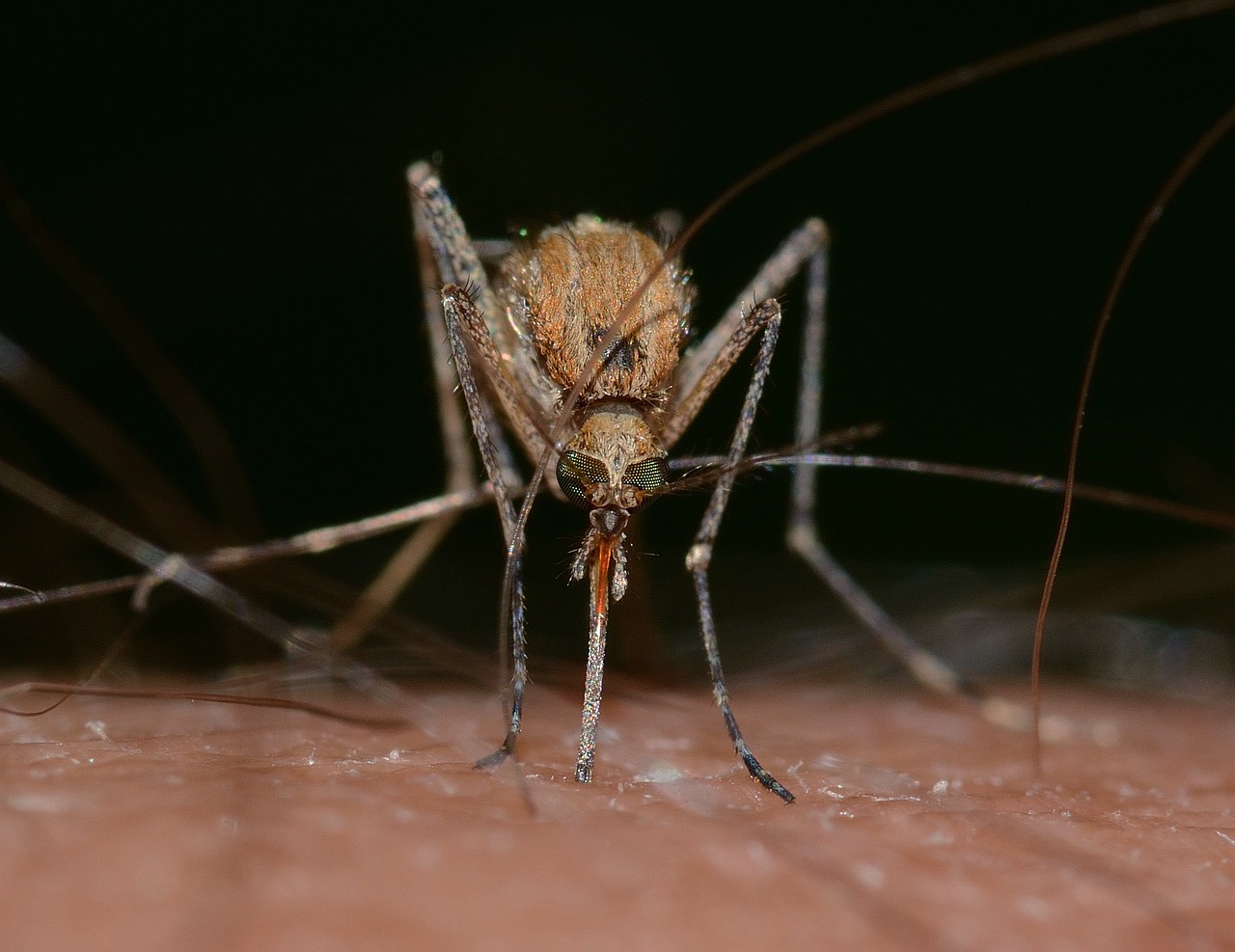Follow us on Google News (click on ☆)

Illustration image from Pixabay
Mosquitoes are first attracted by carbon dioxide (CO₂), the gas we exhale. The more a person produces, the more detectable they are. That's why they often target adults, pregnant women, or people who exercise: they breathe faster or more deeply, emitting more CO₂. To a mosquito, it's a clear signal: "there's blood nearby!"
But it doesn't stop there. Once close, mosquitoes use their sense of smell to analyze the skin. Each individual emits a unique blend of odors, influenced by skin bacteria and substances like lactic acid. Some of these smells are highly attractive to them. It's as if your skin sends them an invisible invitation.
Clothing color also plays a role. Mosquitoes are more drawn to dark shades like black, as they retain more heat. And surprisingly, your blood type might matter too. Studies have shown they often prefer people with type O blood, while those with type A are less attractive. The exact reason is still unclear, but the difference is real.
Fortunately, repellents can disrupt their sensory receptors. They prevent mosquitoes from properly detecting chemical signals and body odors. Products containing DEET or lemon eucalyptus oil are among the most effective at keeping them at bay.
If you're frequently bitten, it's not inevitable. It likely comes down to a combination of your breathing, body odor, and blood type. Science continues to study these mechanisms, and who knows? One day, we might have a scent that makes us truly invisible to mosquitoes.